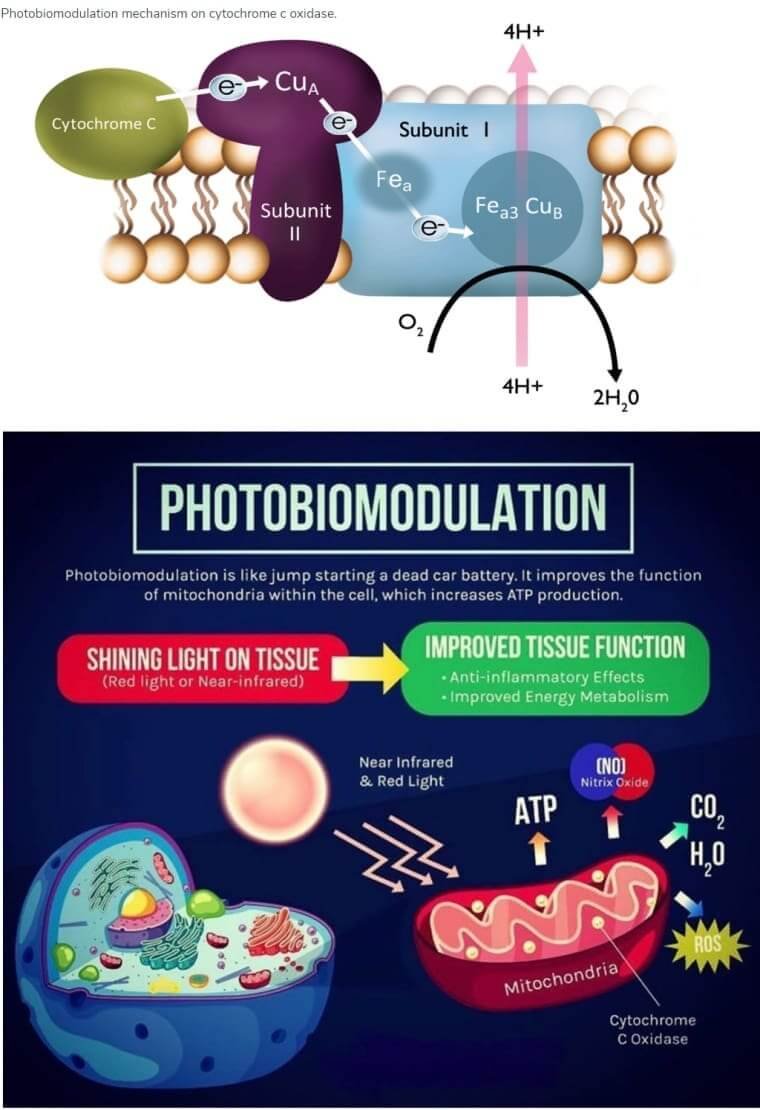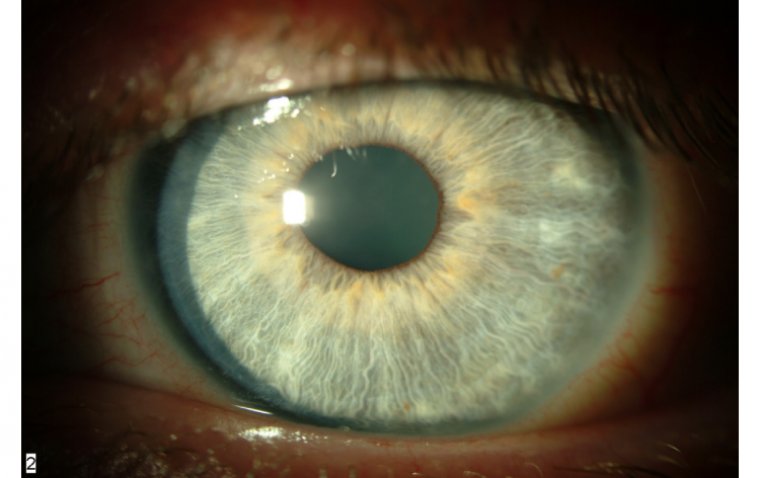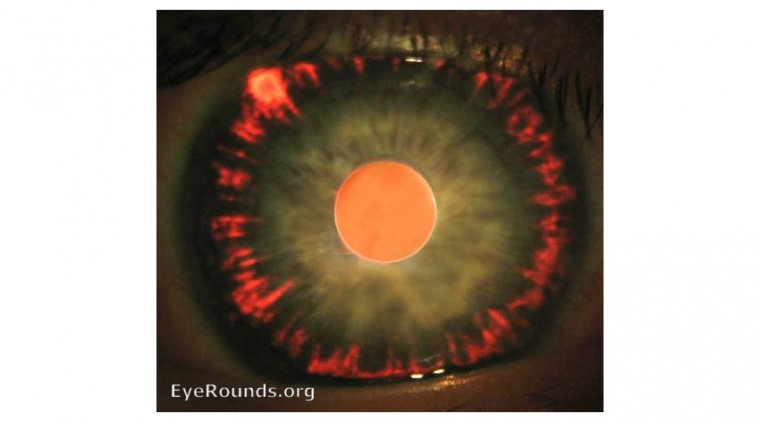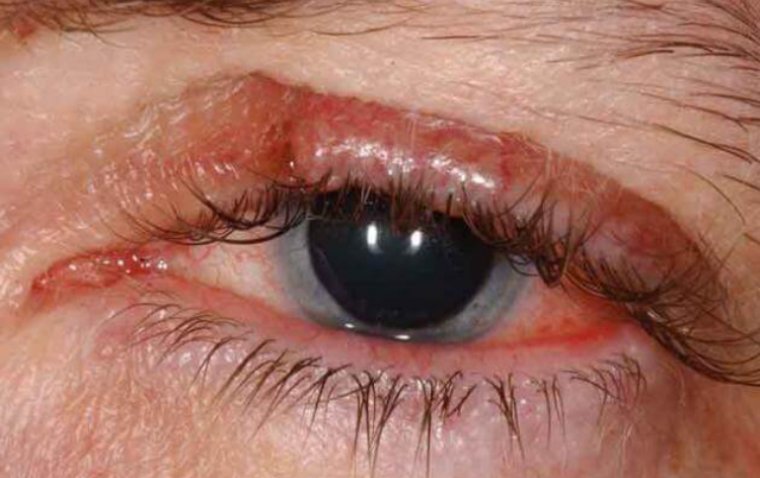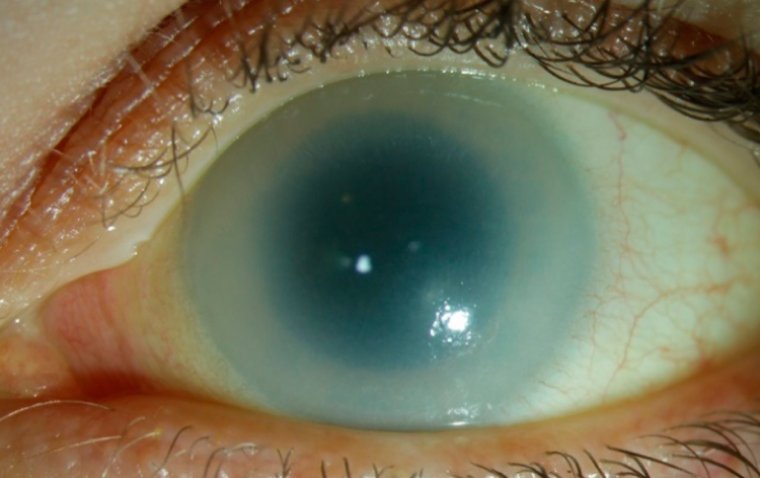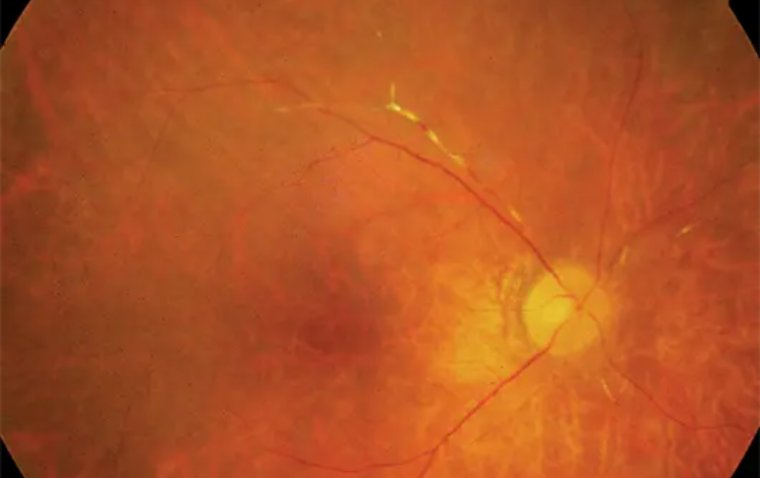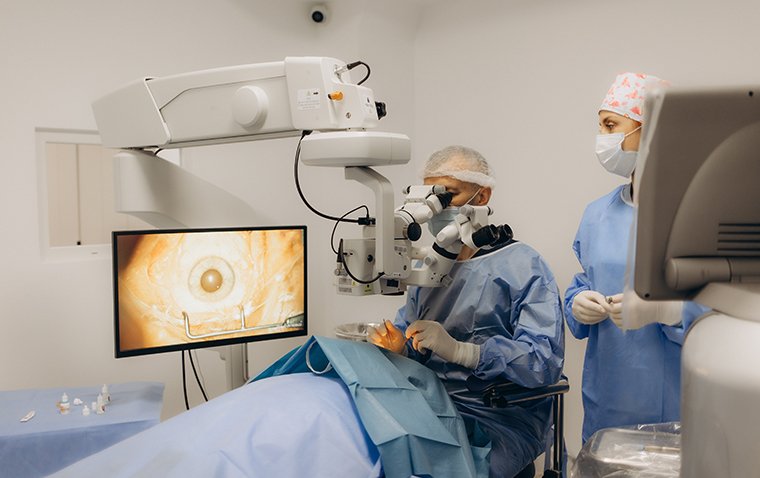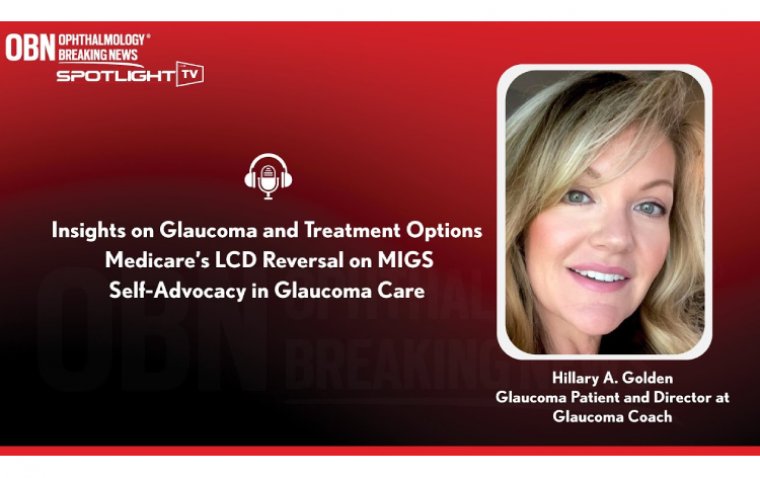
OBN Spotlight TV: Interview with Hillary A. Golden, Glaucoma Patient and Director at Glaucoma Coach
In late October, Medicare introduced proposed Local Coverage Determinations (LCDs) that aimed to impose restrictions on Minimally Invasive Glaucoma Surgery (MIGS) procedures. These LCDs were met with significant concern and opposition from medical professionals, patient advocacy groups, and the ophthalmology community. Critics argued that the proposed limitations on MIGS surgeries could potentially hinder access to innovative and effective treatments for glaucoma, a prevalent eye condition that can lead to vision impairment if left untreated.
The debate sparked discussions about the balance between cost containment and ensuring patient access to cutting-edge medical interventions. However, on December 28th, Medicare decided to withdraw the proposed LCDs, signaling a reconsideration of the initial restrictions. This move brought relief to many stakeholders who had expressed worries about the potential negative impact on patient care and the advancement of glaucoma treatment options.
Hillary A. Golden, a glaucoma patient and Director at Glaucoma Coach, played a pivotal role in spearheading the efforts to withdraw the proposed LCDs, actively engaging in petitioning, delivering impactful speeches, and participating in discussions with major companies and renowned glaucoma specialists.
In this interview, she shares her personal journey coping with partial vision loss caused by glaucoma, sheds light on the significance of Medicare's withdrawal of LCDs limiting MIGS, and offers valuable advice to fellow patients on self-advocacy.
Transcript:
Q1: Can you share the story of your journey as a glaucoma patient and how your professional background led you to become a patient advocate and public speaker?
Hillary A. Golden: Yes, I was diagnosed with severe,normal tension glaucoma in July of 2020. I initially went in for a stye and when the O.D looked at my nerve, she said, I don't like the look of your nerve. And I said, I don't know if you know why I'm here, but I'm actually here about a stye. But I'm actually here about a stye. And she said, I'm more concerned about your nerve. So we did a few more tests, and when my visual field and my OCT came back, she said, I need you to see a glaucoma specialist as soon as possible. Two days later, I was at the office of a glaucoma specialist where she confirmed that I did, in fact, have glaucoma.
At that point, my eye pressures were 13 and 14, so I had super low pressure to begin with and significant amount of damage. So with normal tension, glaucoma, it's often not found until it's in a more severe stage due to the fact that your pressures are normal. In a more severe stage due to the fact that your pressures are normal. So there's not really that red flag that usually comes up.
I have had my background in medical sales my entire career. So when after I was diagnosed, I wanted to learn more about glaucoma. First of all, and then I wanted to try and help people that had this because losing your vision and your sight because losing your vision and your sight is such a big fear for people. And then it is for me as well. So I started researching and I found a job in glaucoma sales, glaucoma device sales. So I actually worked in glaucoma device sales for a couple of years. And in during that I've reached out to the Glaucoma Foundation and they asked me to speak for them on a couple of occasions. So it just kind of organically has developed into me doing some speaking and doing patient advocacy, and, you know, having this as a career.
So it's just kind of all developed, and it has been so close to my heart, that it's something that is I'm super passionate about.
Q2: I understand that you have lost almost 40% of your visİon from glaucoma. What is it like to lose vision and what are the treatment options for patients with glaucoma?
Hillary A. Golden: Losing vision, losing sight is very scary. First off, I went through a period of time where, you know, I was super depressed for a couple of weeks because it was just so much to handle. Knowing at first when I was diagnosed, I didn't know how severe my vision loss was. And then over time, learning more, I realized, my visual field is worse than a lot of the people that are sitting in this doctor's office with me. And that was super scary because I was younger than most of the people in the office. And so I have more years to try to save my sight. For people like me, it's a little harder because my pressure's low to begin with, but the treatment for normal tension is currently the same as it is for high pressure glaucoma, which is just to lower the pressure even more. So the normal tension glaucoma study was done and it showed that if the pressure was lowered by at least 30%, that there were some protective properties there for to keep your visual field protected. So that's kind of the goal is a 30%.
With that said, the treatment options are drops, which you know, most of the drops have preservatives, which irritate the eyes. So the best thing for patients is to find a drop that works for them with side effects they can handle because they all have side effects. You can do a procedure called SLT, which can lower the pressure. There's different MIGS devices and procedures and surgeries that can lower pressure. And then there's more traditional, more invasive surgeries. Once you're more severe and you really need the pressure to get super low. So there's there's lots of options for glaucoma patients. And we need even more because everybody responds differently. So it's important to have lots of options.
Q3: In late October, Medicare proposed LCDs that would limit MIGS surgeries, but on December 28th, these were withdrawn. Tell us how these LCDs would have affected glaucoma patients?
Hillary A. Golden: I am absolutely overjoyed with the announcement that came out yesterday saying that these LCDs that Medicare had released putting restrictions on MIGS surgeries are withdrawn. So it's been amazing. I've been fighting for the last two months for this. So I have started a petition. I've reached out to thousands of patients, hundreds of doctors, many, many organizations to try to get some groundswell of support for this issue. And yesterday, that all came to fruition, and it ended up paying off, which I think is amazing. I talked to a couple of the companies and they were given a 1 to 3% chance that this was going to turn around. So we really were fighting an uphill battle and I was just in it until we were done because I was going to fight, keep fighting until these were withdrawn.
Basically, the LCDs limited the MIGS surgeries that doctors could perform, Medicare just wasn't going to cover them. So if you could pay out of pocket. But that's not a lot of people that are on Medicare. So the restrictions would have curtailed the choices for the doctors. They also were going to have mild to moderate patients have to use more invasive procedures instead of these minimally invasive glaucoma surgeries that MIGS are. And that was going to cause a lot more upkeep,, a lot more surgical complications or involved with more invasive procedures. So it's more visits to the doctors, more chances that that problems can occur.
These MIGS procedures and surgeries are incredible in that they're done very small and many of them are treatable. So you can do as much or as little as you as you like. And it gives the doctor a lot of options. And this is something that if taken away, then it would have really, really changed how glaucoma was treated. These MIGS surgeries are newer surgeries in the last 10 to 15 years, and they basically we're going to throw everything back in time before the MIGS surgeries were available and say, go back to what you did 15 years ago, which if you look at any health field, you know that that would be considered insane. To go back to what you used to do when you know better, you want to do a better surgery and you want to do better for your patients. So to say that I'm overjoyed with the withdrawal of these LCDs is really an understatement, because it's been such a hard fight and so many patients, doctors and organizations and companies have fought for this. And to say that we won is just amazing.
Q4: How did you help to raise awareness about this issue and where did you get support to amplify your message and bring about positive change?
Hillary A. Golden: I look for support wherever I could get it. So I started the the petition to oppose the LCDs, and I went to glaucoma support groupsto try to get people to sign the petition. I tried to explain the issue as clearly as possible. I reached out to doctors that I knew were instrumental in the glaucoma community that were voices that people would listen to. I reached out to different organizations that I hoped would help me. I reached out to media outlets to try to spread the word about this issue because a lot of patients just didn't understand it and they thought, well, Medicare is just this, my secondary is going to cover it. And I was trying to explain, no, it won't. This is just going to put a blanket on top of everything, and not let anything be covered. And soon after that, commercial insurance follows. So I knew this was such a pivotal moment in time that something had to be done as soon as possible to try to, you know, have the result that we ended up getting, which was the withdrawal of the LCDs. But I looked for support wherever I could get it. I reached out to family, friends, you know, if you care about my eyesight, if you know anyone with glaucoma, please support us. Please support this petition. And it ended up working. And I think the power of the patient is huge because I think if just doctors and companies were out there fighting, I don't think it would have had the same effect. I think that the patient voice needs so much. And, if you look on the petition, there are patients and doctors that have written storiesof how glaucoma has affected them, how the MIGS surgeries have helped them. And I want people to go there, and just to read the stories because it's so heartfelt, the messages are heartfelt. And, everyone's so passionate about this and we all just want to be able to save our sight.
Q5: What is the most important thing that patients can do to advocate for themselves?
Hillary A. Golden: I think the most important thing patients can do is ask questions. If you don't understand what the doctor's telling you, ask questions. If you want a second opinion, go get a second opinion. It doesn't mean that you don't trust your original doctor. It's just good to get different points of view. If you go to five different glaucoma specialists, you might get five different opinions on what to do with your eyes. It's ultimately the patient's decision on their treatment. So for them to get a second or third opinion, they need in order to find peace of mind, I think that that's okay.
And they need to ask questions. They need to if they're not clear on what's happening, then it's best to bring a family member or a good friend to the appointment with you to listen. So you have a second set of ears because you might have heard something differently than your friend heard it or your family member heard it. So it's important to have a second person there and questions, questions, questions. If you don't have enough time in the appointment, then make another appointment. The doctors’ schedules are very tight. They see so many glaucoma patients a day. And so it's important to advocate for yourself and to make sure that you understand what's happening, what procedures you're offered, what your treatment options are, and to second guess and question everything.
Additional Comment:
Hillary A. Golden: I think that glaucoma is, they call it the the silent thief of sight. And I just don't want people to be silent anymore when we lose vision. And I just don't want people to be silent anymore when we lose vision. I always thought it was, you know, you either had sight or you were blind. But that's not how you lose your sight. You lose your sight in pieces. So there's pieces that are missing. In glaucoma, those of us who have had loss of sight, we have pieces missing. And I think the most important thing is to focus on the pieces that are there, to focus on the positives, to focus on the sight that we have. Because if you focus on the pieces that are missing, you're going to go down - a road that's going to be a little frustrating and depressing.
So let's focus on the pieces that are there. Let's focus on the sight we have today and let's move forward together and fight for our sight.
*If you are interested in becoming a part of our OBN Spotlight TV series, reach us at info@ophthalmologybreakingnews.com.
(1).jpg)
